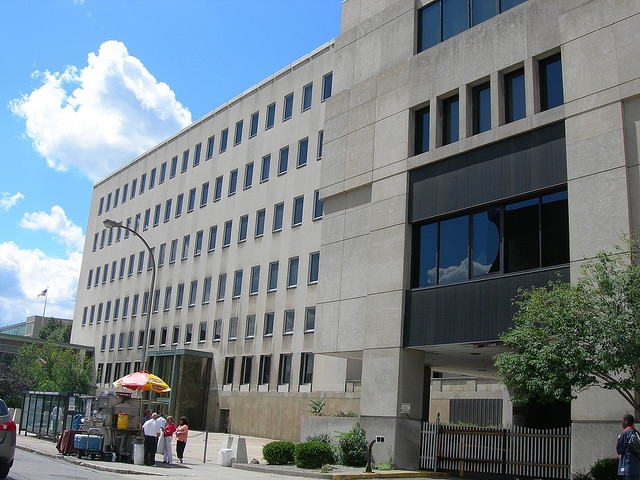The following article is written by Derek Wild, Attorney in our Rochester office.
It is well known that plea agreements are a big part of our criminal justice system. Some claim that plea bargains are offered out of the kindness of the prosecutor’s heart. In some cases, that is true. Realistically however, there is much more to it than that.
Plea agreements allow our criminal justice system to work. If every case went to trial the system would collapse (and the government knows that). A good defense attorney is often able to negotiate a plea deal that is fair and appropriate under the circumstances. So how do you decide whether or not to accept a plea agreement? First and foremost you should speak with your attorney about the proposed plea and make sure you understand the agreement in its entirety. There are a number of questions you should ask, but there are three (3) questions crucial to making this decision.
The first question you should ask yourself and your attorney is, “what are my options?” Your lawyer should be able to outline what your options are and give you his or her honest opinion about each option. Before you commit to anything, you should know that you have choices. Yes, there is always a choice in whether or not to accept a plea and it is yours to make. In some cases, the options are as simple as, you can accept the plea agreement or reject it and go to trial. Other times there is a chance that by rejecting the plea agreement and pushing forward, that plea offer may improve. Your lawyer should be able to give you an honest assessment of the likelihood of improvement and how to get there. They should also be able to explain the risk(s) of rejecting a plea agreement at different stages of your case. You always have options.
The next question you should ask yourself is, “does this plea work for me?” In order to give yourself an honest answer to this question, you need to understand each and every part of the plea agreement. That is where your lawyer steps in. I see it in court more often than I should. A person enters a plea of guilty and then gives the “what is (s)he talking about?” look when the Judge imposes the sentence. A plea agreement is just that; an agreement. Therefore, you should understand everything that you are agreeing to. After your lawyer makes it clear to you what the plea agreement entails, think about it. Ask friends and family if you are comfortable talking about your case with them. For example, a plea of guilty to a misdemeanor DWI requires an ignition interlock device be installed on any vehicle you own or operate. Do you currently have five (5) vehicles titled to you? If so, every one of those vehicles is subject to the interlock device (whether or not you even drive them). Write down the problems you see with the plea agreement and talk to your lawyer. Maybe they can be modified. Maybe they cannot. Either way, it will help you make your decision whether or not to accept that plea.
The final question you should ask yourself is, “can I enter this plea in court under oath?” Many people have the wrong idea of how a plea agreement works. They think they pay a lawyer and the lawyer handles it from there. Now, a good attorney will put his or her client’s mind at ease and handle the negotiations among other things. That said, there is still responsibility on the part of the client. Most of the time it isn’t as easy as saying, “yes, that seems like my best bet so I’ll take the deal.” Generally, the government requires a “factual colloquy” from the accused in order to accept a plea deal. That means, the person entering the plea must take an oath in open court to answer all questions posed by the Court and the prosecutor truthfully. If the accused individual cannot honestly admit their guilt to the Judge in court, a plea cannot be entered. For example, in order for a person to plead guilty to Driving While Intoxicated, they must admit under oath, that they were incapable of operating their motor vehicle to a substantial extent due to their voluntary consumption of alcohol. What about the person who was stopped for speeding and didn’t even swerve? Can that person truthfully tell the Judge that they were driving while intoxicated? Maybe. Maybe that hypothetical person drank a liter of bourbon, knew they were drunk, and they just never swerved. But what about the person that has two beers, feels fine, gets stopped for speeding and finds themselves arrested for DWI? I’m thinking the majority of those people will have a hard time truthfully pleading guilty. The problem is, I see people that fit that description pleading guilty all the time.
The exclusive purpose of this article is educational and it is not intended as either legal advice or a general solution to any specific legal problem. Corporate offices for Nave DWI Defense Attorneys are located at 432 N. Franklin Street, Suite 80, Syracuse, NY 13204; Telephone No.: 1-866-792-7800. Prior results do not guarantee a similar outcome. Attorney Advertising.





